Scientific Research Institute of Ecological problems
"Scientific Research Institute of ecological Problems" was established in 1993 as a subsidiary of the state institution "Scientific Research Institute of ecological Problems" and operated from January 7, 1994, on the basis of the resolution of the Academic Council of Al-Farabi KazGU #4 dated 12/28/1993. By the Decree of the Government of the Republic of Kazakhstan dated October 11, 2019 #752, the subsidiary State Enterprise "Scientific Research Institute of ecological Problems" of the Republican State Enterprise "Al-Farabi Kazakh National University of the Ministry of Education and Science of the Republic of Kazakhstan was transformed by merging into a non-profit joint stock company (NAO) "Al-Farabi Kazakh National University". The Board of Directors of NAO "Al-Farabi Kazakh National University," by its decision of November 8, 2021 (Protocol #7), recommended reorganizing the scientific structural units of NAO "Al-Farabi Kazakh National University" "Scientific Research Institute of ecological Problems" by creating a legal entity in the organizational and legal form of an LLP.

Tastambek Kuanysh, PhD, Head of the Institute
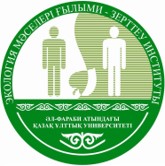
The staff of the institute actively contributes to the research activities of the university:
- 1994–1997: implementation of projects under the program of the Federal State Educational Institution of the Ministry of Education and Science of the Republic of Kazakhstan "Development of scientific foundations for restoration of ecosystems of the territory of Kazakhstan on the basis of environmentally friendly resource-saving technologies and justification of the principles of rational nature management".
- 1997–1999: implementation of projects under the program of the Ministry of Education and Science of the Republic of Kazakhstan "Development of principles for forecasting and assessing the quality of the natural environment of anthropologically disturbed territories of Kazakhstan".
- 2000 - coordination of environmental topics presented by scientists of Al-Farabi Kazakh State University for participation in the USAID competition together with the coordinator of the University of Maryland (USA) on the project "Environment and Energy in Central Asian countries".
- 2000–2006: implementation of projects of Republican scientific and technical programs;
- 2006-2008: The Research Institute of Ecology Problems was the lead organization under the subprogram "Study of the influence of xenobiotics on the vital activity of microorganisms, plants, and animals for the development of new methods of bioindication and bioremediation of disturbed ecosystems" of the Program of Fundamental Research of the Ministry of Education and Science of the Republic of Kazakhstan "Biological foundations of the creation of high-tech technologies for health, agriculture, and environmental protection".
- 2006-2008 - implementation of projects under the program "Development of modern technologies for the formation of a biotechnology cluster in the Republic of Kazakhstan for 2006-2008" of the NCB of the Ministry of Education and Science of the Republic of Kazakhstan.
- 2007-2009 - implementation of projects under the program "International cooperation in the field of science" of the Ministry of Education and Science of the Republic of Kazakhstan.
- 2008-2009: implementation of the UN international project "Kazakhstan: A Country Profile on Sustainable Energy Development".
- 2008–2010: implementation of the project under the program "Replenishment, study, and maintenance of the collection of plants, animals, microorganisms, and unique genetic banks for the conservation of biodiversity in Kazakhstan for 2008–2009" of the Central Research Institute of the Ministry of Education and Science of the Republic of Kazakhstan.
- 2009–2011: implementation of projects under the program of fundamental research in the field of biological and medical sciences and in the field of earth sciences, funded by the FN of the Ministry of Education and Science of the Republic of Kazakhstan.
- On October 4–5, 2013, the Research Institute of Environmental Problems of KazNU held an international scientific and practical conference on "Modern problems of ecological culture and sustainable development of society". The outcome of the two-day international conference was the adoption of a resolution that reflects in detail all the necessary proposals and recommendations aimed at improving the entire ecosystem of both Kazakhstan and the CIS countries. In particular, it was stated that it was necessary to conduct an environmental audit of each region of the country, determine their resource and personnel potential for the transition to a "green" economy, and create an "environmental passport" of the regions of the Republic of Kazakhstan. In order to activate personnel training, promote "green" business, and develop domestic "green" technologies, it was proposed to create an interfaculty research center on the development of the "green" economy on the basis of the Higher School of Economics and Business of KazNU. To introduce such a subject as "ecological culture" into the educational processes of the country's universities.
- 2015: Within the framework of the international project "Development of a Mechanism to Support Quality Planning and Rational Use of Land in the Irrigated Plains of Central Asia" of the Volkswagen Stiftung Foundation (Germany) and the Research Institute of Environmental Problems of KazNU, a meeting of partners was held at the Faculty of Geography and Environmental Management. The event was attended by scientists from the Faculty of Geography and Environmental Management, the Research Institute of Environmental Problems, representatives of Julius Maximilians University Würzburg, and the company KRASS (SIC ICWC). The main purpose of the meeting was to present and discuss the working packages of the project, the presentation of the research program for doctoral students (PhD), and the exchange of views, knowledge, and experience gained in Central Asia and other countries in the field of combating desertification and rational management of water and land resources.
- 2022-2023: One of the visiting professors, a world-renowned scientist, Doctor of Biological Sciences, professor of the Oregon National Primate Research Center, and professor of the US Stem Cell Center, Shukhrat Mitalipov lectures at the Al-Farabi Kazakh National University. more detailed: https://www.kaznu.kz/ru/3/news/one/37985/
RESEARCH LABORATORIES
|
|
|
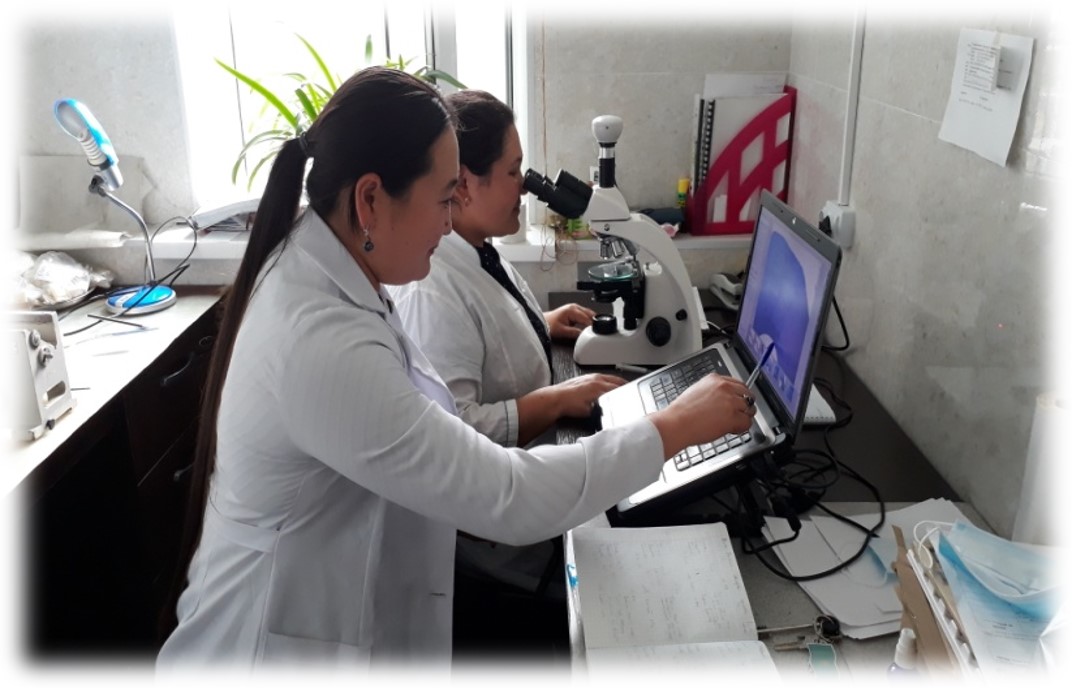
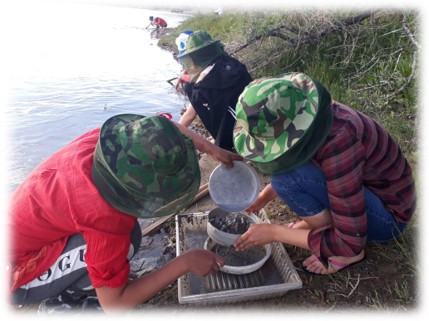
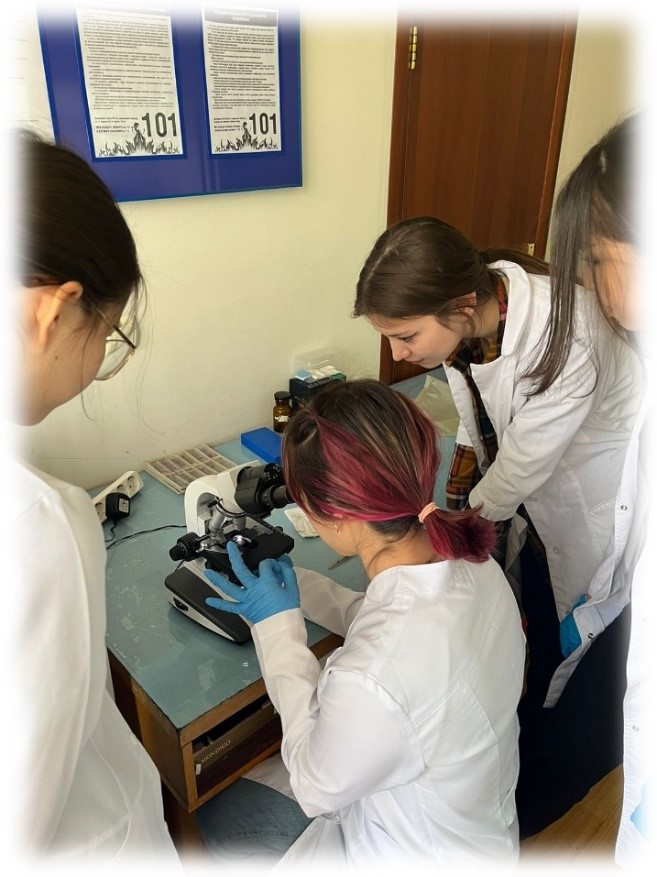

In addition to basic research, innovative projects are being implemented at the Research Institute of PE. The result of intensive scientific research of scientists was the development of software:
- Creation of biological products based on strains of microorganisms for cleaning soils with a high level of oil pollution. The developed preparations have passed field tests on the smeared soils of the Almaty locomotive depot. The degree of soil purification from fuel oil and diesel fuel was 95% (heads: Academician of the National Academy of Sciences of the Republic of Kazakhstan, Doctor of Biological Sciences, Professor M.H. Shiva, Doctor of Biological Sciences, T.Zh.Mukasheva);
- The creation of biological products from microalgae with growth-stimulating activity, which have been tested in the fields of LLP "Agrofirma" of the Enbekshikazakh district. Pretreatment of seeds of winter wheat, soybeans, cucumbers, and tomatoes with preparations before sowing contributed to an increase in frost and drought resistance and a significant increase in crop yields from 50 to 80% (supervisor: PhD, associate professor S.A. Dzhokebaeva);
- Technologies for biological treatment of municipal, industrial, and agricultural wastewater based on the use of microalgae. Tests at the treatment facilities of the city of Almaty have shown the high efficiency of this method (95%). The advantage of this technology is that it allows you to obtain cheap biomass rich in proteins, carbohydrates and vitamins, which can be used as a biologically active feed additive in animal husbandry (head - Doctor of Biological Sciences, Professor B.K. Zayadan);
- Processing of the organic fraction of solid household waste based on the use of earthworms and communities of microorganisms. This technology makes it possible to obtain two types of economically useful products from organic waste: high-humus organic fertilizer (biohumus) and protein-vitamin feed additives from earthworm biomass (supervisor: PhD in Biology K.K. Boguspaev).
In different years, the Research Institute of ecological Problems has actively cooperated and continues to cooperate with scientific centers and institutes of the near and far abroad: the Institute of Cytology of the Russian Academy of Sciences (St. Petersburg, Russia), the Institute of General Genetics of the Russian Academy of Sciences (Moscow, Russia), St. Petersburg University, Astrakhan Technical University (Russia), Middlesex University (Great Britain), Institute of Marine Ecology (Denmark), University of Essen (Germany), Bradford University (Great Britain), Gland University (Iran), Hebrew University (Israel), University of Pierre and Marie Curie (France), University of Texas (USA), etc.
INTERNATIONAL COOPERATION WITHIN THE FRAMEWORK OF PROJECTS FOR 2022
|
|
Between the project manager AR08052402 "Development of technology for obtaining biofertilizers based on nitrogen-fixing cyanobacteria," Professor Zhiyong Huang of the Tianjin Institute of Industrial Biotechnology at the Academy of Sciences of China - Zhiyong Huang and PhD Jingjing Wang, Laboratory of Applied Microbial Ecology, Tianjin Institute of Industrial Biotechnology at the Academy of Sciences of China. |
|
|
Between the project manager AP08856160, "Assessment of the Ecological State of Unique Soda and Salt Ecosystems of Kazakhstan," PhD Emil Boros, Limnological Institute of Balaton, Center for Environmental Research, Hungarian Academy of Sciences (Budapest, Hungary); |
|
|
Ilya Digel, Professor of the Aachen University of Applied Sciences (Aachen, Germany), Head of the AP05135262 project "Development of biotechnology for the production of a highly active preparation "biohumus-plus" based on oxidized brown coals and a Zoo microbial consortium |
|
|
|
The Research Center contributes (through the curriculum, teaching, and supervision) to the teaching of bachelor's and/or master's degree programs and doctoral studies:
|
№ |
Discipline |
The cipher of the educational program |
|
1 |
Fundamentals of ecology and sustainable development:
|
6B05202 - Ecology |
|
2 |
Environmental Impact Assessment (EIA)
|
6B05202 - Ecology |
|
3 |
Environmental assessment of the environment:
|
6B05202 - Ecology |
|
4 |
Еcological monitoring
|
6B05202 - Ecology |
|
5 |
Industrial ecology
|
6B05202 - Ecology |
|
6 |
Climatology
|
6B05204 - Meteorology |
|
7 |
Environmental problems of Kazakhstan
|
7M05211 - Ecology |
|
8 |
Modern methods of environmental risk assessment
|
7M05211 - Ecology |
|
9 |
System analysis in ecology
|
8D05207 - Ecology |
In the future, the Research Institute plans to expand scientific research in the field of environmental biotechnology and nanobiotechnology, aimed at developing methodological approaches to assessing the state of the environment exposed to man-made pollution, ways to protect and restore anthropogenic ecosystems, preserve biodiversity, and improve public health.
Documents for information: The Charter устав, регистрация на гос, приказ о создании
The COMSATS Center for Climate and Sustainability (CCU) has been operating at the Faculty of Geography and Environmental Management since 2018. Read more
The purpose of the Research Institute of ecological Problems is to plan, organize and provide scientific research in the field of ecology and environmental protection, train highly qualified scientific personnel, develop and implement the results of scientific research and development work in the relevant industries and educational processes, to promote the rise of the economy of the Republic of Kazakhstan.
Objectives:
- Conducting fundamental and applied research in the field of ecology and environmental protection in priority areas for grants and program-target programs based on the competition of the Ministry of Internal Affairs of the Republic of Kazakhstan;
- Participation in the design and development of scientific and technical programs and projects;
- plans for research and development work;
- Organization of experimental, serial, and high-tech productions and commercialization of scientific and technical developments and experimental design works of a natural-technical profile;
- Management of biological resources in modern environmental conditions in the Republic of Kazakhstan, ensuring human environmental safety;
- Development of environmentally friendly technologies and materials;
- Development of criteria for ecological and economic assessment of anthropologically disturbed territories in Kazakhstan, environmental expertise;•
- Development of scientific foundations for sustainable development and restoration of technologically disturbed ecosystems;
- Assistance in the training of highly qualified scientific personnel and specialists;
- Organization of scientific-technical and technical-economic expertise in scientific research conducted in the laboratories of the Research Institute and ensuring the patent purity of scientific developments.
FTE employees work at the Research Center
|
|
Director of the Research Institute of ecological Problems: Tastambek Kuanysh Talgatovich PhD, 9 scientific articles of Scopus, about 70 articles of the WSCC have been published |
|
|
Deputy Director of the Research Institute of ecological Problems: PhD, Sharakhmetov Sayat Ermukhanbetovich Work phones: +7 (727) 377-33-34; 12 Mobile: +7 707 8216063 Email Sharakhmetov@gmail.com Email 2: Sayat.Sharakhmetov@kaznu.kz
|
|
|
Zhubanova Azhar Akhmetovna Dr. biological science, 33 articles was published in the Scopus, 600 articles. |
|
|
Akimbekov Nuraly Shardarbekovich Dr. PhD., 16 articles were published in the Scopus database, 18 articles by Kazakhstan. |
In 2023, the Research Institute won 15 projects under the program of fundamental research in the field of ecological, biological and medical sciences and in the field of earth sciences of the Ministry of Science and High Education of the Republic of Kazakhstan for 2021–2025 through an open competition.
List of research projects of the Research Institute of Ecological Problems for 2023
|
№ п/п |
Project name, Full name of the head |
Deadlines for implementation |
Financing organization |
Type of Financing |
|
1 |
2 |
3 |
4 |
5 |
|
1. |
Head: Akimbekov N.Sh. |
2021–2023
|
MSHE RK КМУ 2 |
Grant financing |
| 2. |
Head: Bauenova M.O. |
2022-2024 Zhas Galym |
MSHE RK | Grant financing |
| 3. |
Head: Ernazarova A.K. |
2023-2025 КМУ 4 |
MSHE RK |
Grant financing |
|
4. |
Head: Tagaev K.T. |
2022-2024 Zhas Galym |
MSHE RK |
Grant financing |
|
5. |
AP14972889 «Gene-infection interaction in spontaneous preterm birth» (0122РК00718) Head: Berdalinova A. |
2022-2024 Zhas Galym |
MSHE RK |
Grant financing |
|
6. |
Head: Inelova Z.A. |
2023-2025 (35 month) |
MSHE RK |
Grant financing |
|
7. |
Head: Bigaliyev A.B. |
2023-2025 (35 month) |
MSHE RK |
Grant financing |
|
8. |
ИРН AP14869863 "Development of a methodology for assessing the impact of income inequality on the level of use of medical services" |
2022–2024 (30 мес.) |
MSHE RK |
Grant financing ИОсоц.-гум. |
|
9. |
ИРН AP14972864 "Synthesis, characterization, photoluminescent and antibacterial properties of nanomaterials based on europium/biosilicon and silver/biosilicon" |
2022–2024 Жас Ғалым
|
MSHE RK
|
Grant financing |
|
10. |
ИРН AP14971828 "Agroecological zoning and assessment of the current state of pastures in Central Kazakhstan using GIS and remote sensing data" |
2022–2024 Жас Ғалым
|
MSHE RK
|
Grant financing РИПР |
|
11. |
Head: S.B. Bisenbayeva, Senior Professor of the Department of Geography, Land Management and Cadastre |
2023–2025 ПЦФ
|
MSHE RK
|
Grant financing РИПР |
|
12. |
Head: Kairova Shnar Galymovna |
2023–2025 (КМУ 4)
|
MSHE RK
|
Grant financing РИПР |
|
13. |
Head: Asylbekova Aizhan Asylbekovna |
2023–2025 (КМУ 4)
|
MSHE RK
|
Grant financing РИПР |
|
14. |
Head: Bisenbayeva Sanim Begimovna |
2023 – 2025 |
MSHE RK |
Grant financing |
|
15. |
АР19677705 "Creation of an environmentally and economically feasible bio-fossil fuel based on efficient co-combustion of coal residues and microalgae biomass" |
2023 – 2025 |
MSHE RK |
Grant financing |
|
|
TOTAL: 15 projects |
|
|
|
54g54g54


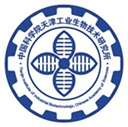
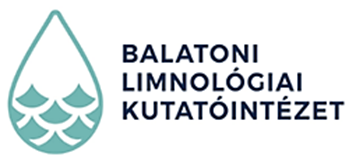

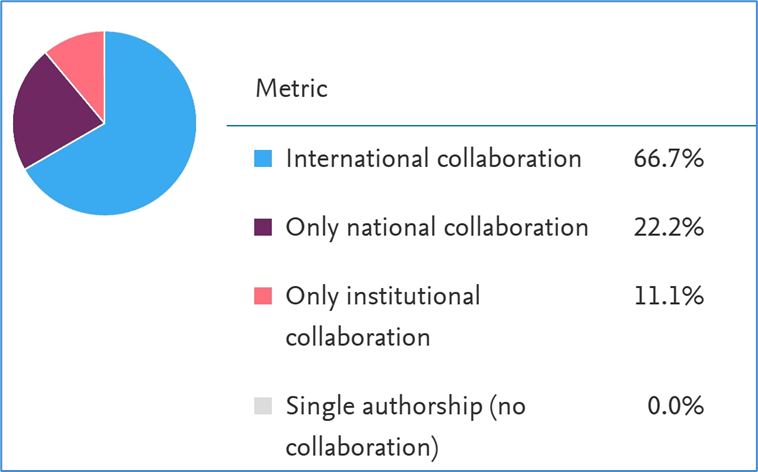
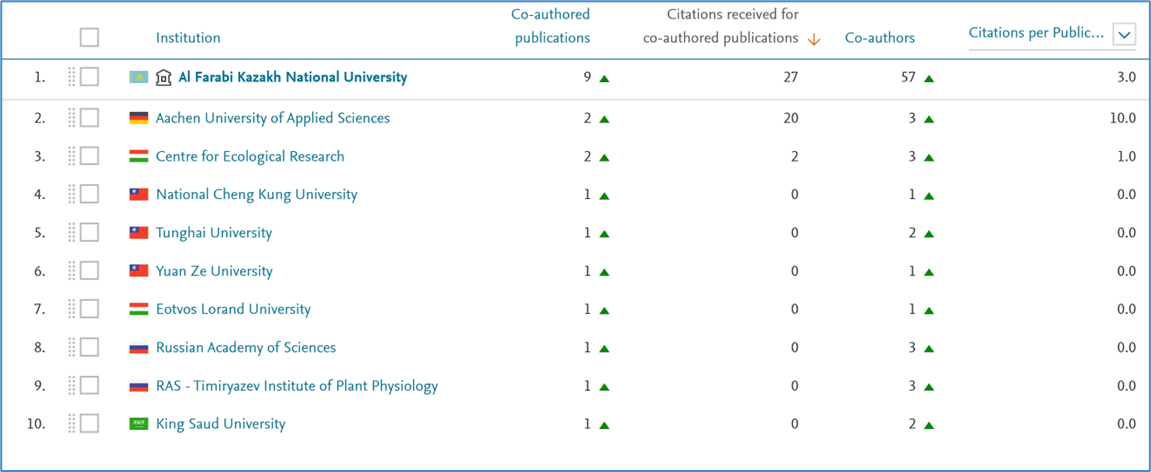
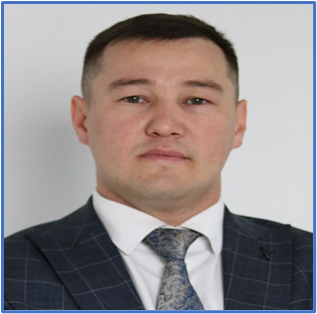


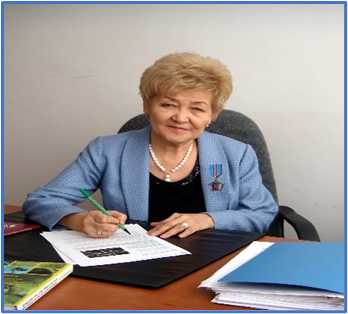

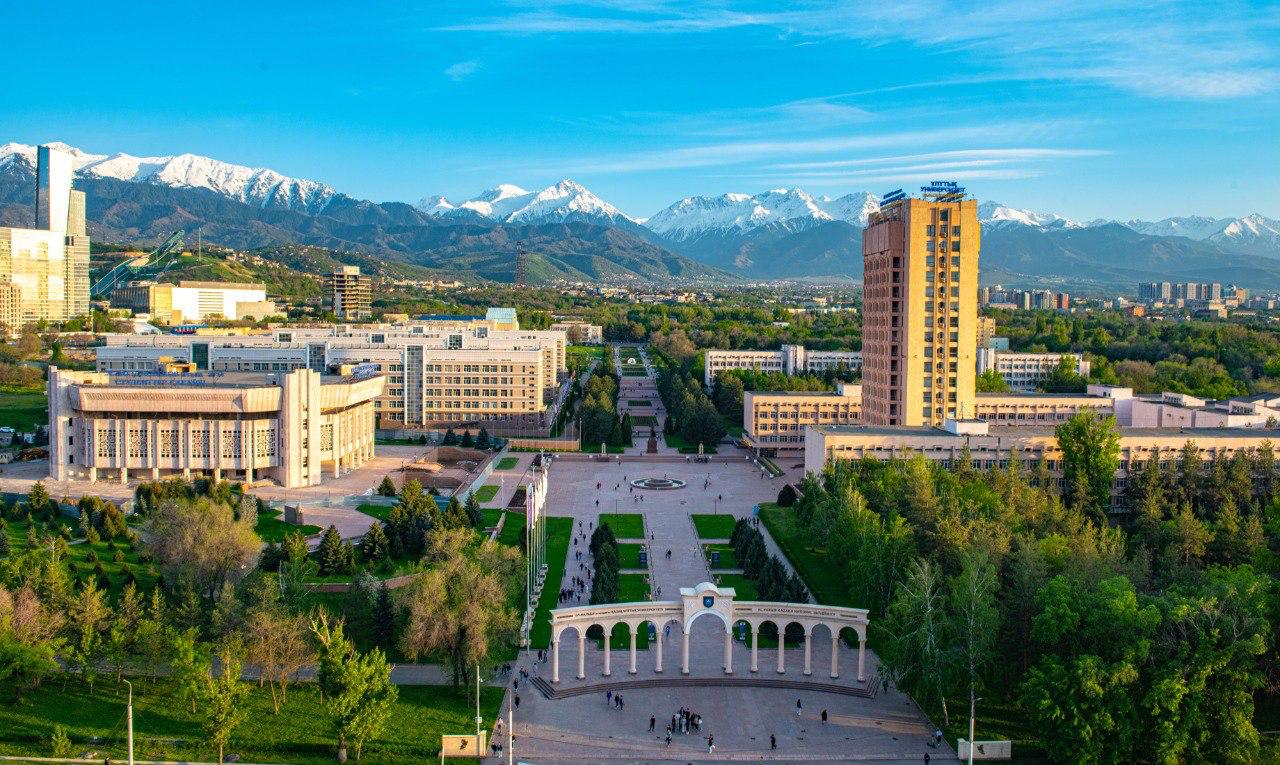
.jpeg)